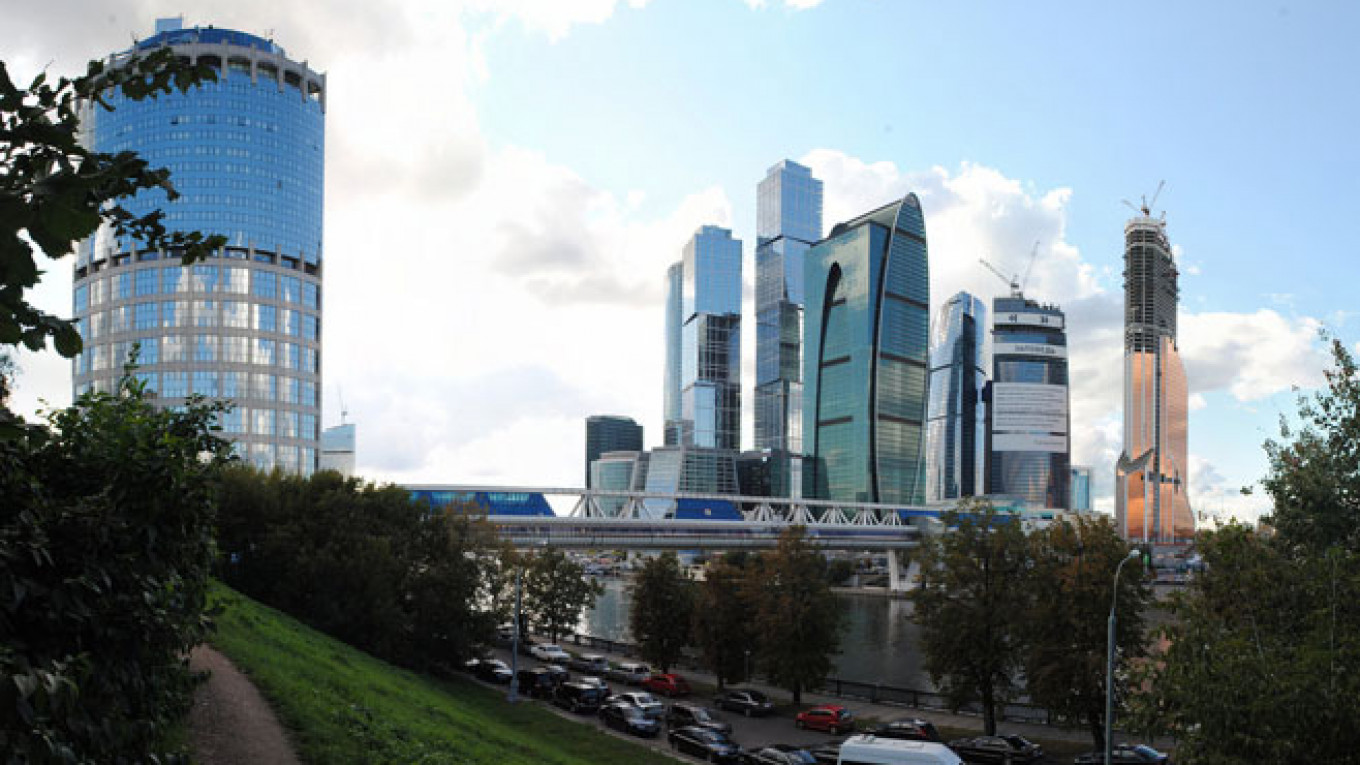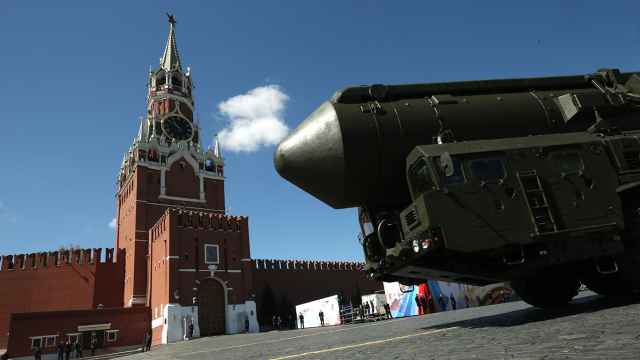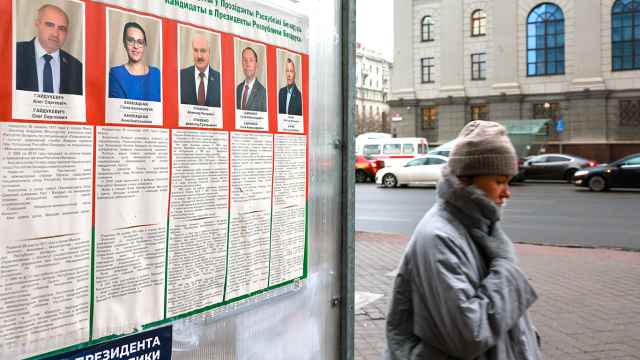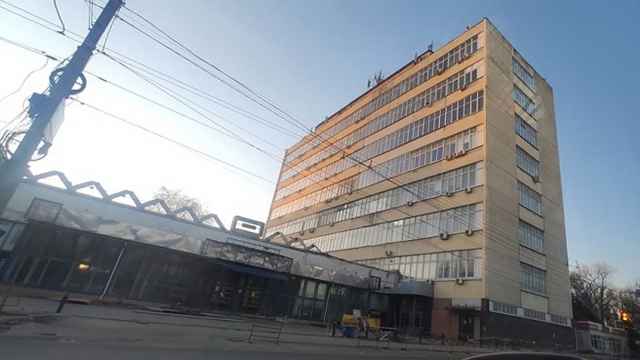Moscow has slipped seven places to ninth on an annual list of the most expensive cities for expats.
The rankings for 2014, published Thursday by global human resources consulting firm Mercer, were compiled based on the comparative cost of more than 200 goods and services, including housing, transportation, food, clothing, household goods, and entertainment in 211 cities.
Moscow placed second last year — making it the most expensive city in Europe for emigres — but almost slipped out of the top 10 thanks to a dramatic weakening of the ruble against the dollar, exacerbated by the drama of Western sanctions imposed on Russia over the Ukraine crisis.
Moscow's European title has been handed over to Zurich, which came fifth in the standings. Geneva in sixth place and Bern in eighth have also overtaken Moscow over the last year.
St. Petersburg, Russia's second city, fell 12 places to 35th.
First place was taken — for the second year in a row — by Luanda, the capital of Angola. N'Djamena in Chad and Hong Kong fill out 2014's top three.
Ed Hannibal, a partner at Mercer's Mobility, explained the high rankings of the two African cities by saying that while they are both relatively inexpensive, they end up being pricey for expats because of the high cost of importing goods.
Added to that, accommodation that meets the standards of expats is also very expensive there, Hannibal said.
Other cities in the top 10 include Singapore in fourth and Shanghai in 10th.
New York, in 16th place, is the most expensive city in North America.
Despite seeing moderate price increases, Western European cities — particularly those in Britain and Germany — tended to move up in the rankings, mainly due to the strengthening of local currencies against the dollar, said Nathalie Constantin-Metral, who compiled the rankings.
Glasgow leapt 49 places to 108th, while Berlin jumped from 99th to 68th.
A Message from The Moscow Times:
Dear readers,
We are facing unprecedented challenges. Russia's Prosecutor General's Office has designated The Moscow Times as an "undesirable" organization, criminalizing our work and putting our staff at risk of prosecution. This follows our earlier unjust labeling as a "foreign agent."
These actions are direct attempts to silence independent journalism in Russia. The authorities claim our work "discredits the decisions of the Russian leadership." We see things differently: we strive to provide accurate, unbiased reporting on Russia.
We, the journalists of The Moscow Times, refuse to be silenced. But to continue our work, we need your help.
Your support, no matter how small, makes a world of difference. If you can, please support us monthly starting from just $2. It's quick to set up, and every contribution makes a significant impact.
By supporting The Moscow Times, you're defending open, independent journalism in the face of repression. Thank you for standing with us.
Remind me later.






